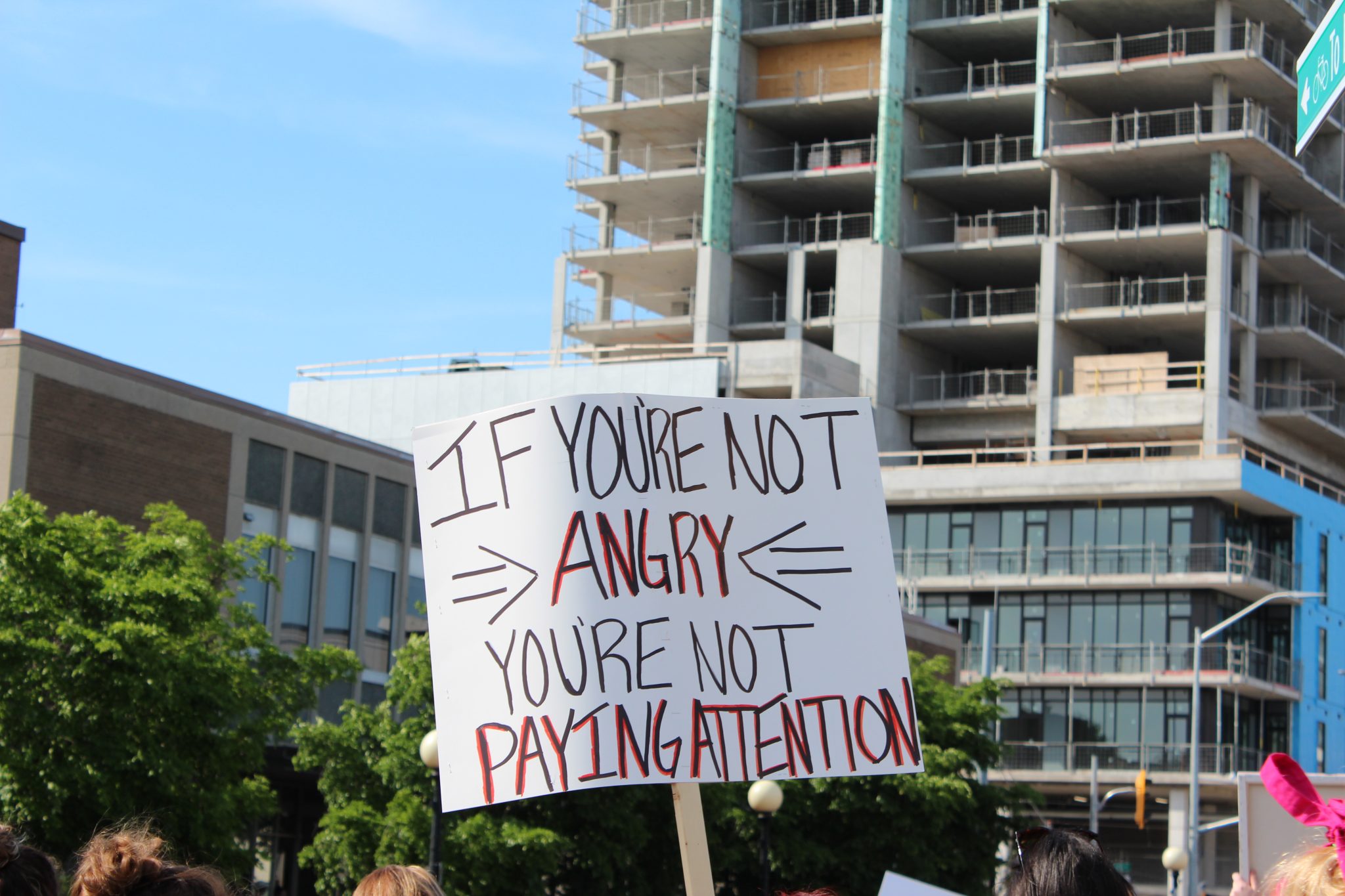Being an advocate for others in today’s world

In May 2020, we saw individuals and communities from around the world unite with the Black Lives Matter movement while marching in various cities to protest the police brutality involved in the death of George Floyd.
And recently, anti-Asian bias has been used to describe the murder motive in the Atlanta spa shootings. This past weekend, people across the U.S. took to their streets to protest for the Asian American women who were killed in these shootings, calling for an end to this hate.
Despite how far humankind has come in our evolution, it’s sickening to know that such injustice still exists in our world. We cannot deny that there have been several monumental accomplishments towards gaining equality, social justice, social inclusion , and human rights, but there is still, and perhaps always will be, work to do.
Being an advocate can feel like an unachievable identity unless you dedicate your entire life to it, like Martin Luther King Jr. and Malala Yousafzai have.
These individuals, among various others, are famous advocates that we look to for inspiration and leadership. They are notable for pursuing their own paths of fighting for equality, justice, inclusion, and civil rights.
So, what does being an advocate mean for the average person who wants to fight injustice?
When someone is a victim of injustice, self-advocacy is commonly used. Self-advocacy involves an individual assessing their situation then communicating and speaking out in favour of their own interests.
Self-advocacy is not always exercised because individuals may feel intimidated by a situation, or that speaking out is not worth their efforts; hence, the need for allyship.
Allyship is the practice of supportive association with another person or group and advocating for the interests of the marginalized or oppressed outgroup.
Many students may consider themselves allies, but there is more to being an ally than your declaration of allyship and reposts on social media.
As an ally, you are a collaborator. Therefore, you need to educate yourself on the issues at hand, recognize and accept your own privileges, and establish a trusting relationship with those you wish to support.
Educating yourself may start with online research about the history of a particular group, but the web may not have all the answers for what the situation is like today. Create open discussions with your network, ask permission to talk about sensitive topics, and pay particular attention to phrasing your questions.
It’s important to recognize that everyone brings different experiences and perspectives to the discussion. There will be discussions that are not relatable to you and you won’t be able to fully understand, but the purpose is to try to understand by listening.
This goes along with recognizing your own privilege and accepting the power you have been automatically assigned based on your identity.
Privilege implies a negative stigma; however, it can be used as a resource for advocacy. Accepting one’s privilege accepts that there are those without privilege, which is why we advocate.
Understanding the connection between your behaviours and privilege will help you identify and be mindful of how you are portraying yourself and if you are negatively portraying others. We all make mistakes, but it is important to acknowledge this and accept feedback to improve our behaviours.
Your dedication to becoming an ally will help you establish trusting relationships. Your commitment to education, listening, and adapting will help others see you as a confidant.
However, one of the most important aspects of allyship is to say something when you see something.
Stand up for people when you witness discrimination. Lend your support at the moment as opposed to afterwards by offering sympathy.
Explain why you are offended and that such comments and/or actions are not acceptable. Avoid describing yourself as an ally, antiracist, etc. This situation is not about making yourself look good;, it’s about standing up to inequality and injustice.
By becoming an ally, you are promoting group advocacy.
Group advocacy occurs when people of shared experiences, positions, or values come together to communicate and speak up about collective issues important to them to influence public opinion and policies. Advocacy groups can range in size and numbers, but the importance is on diversity and inclusion.
Being an advocate today can be very overwhelming with interconnected networks and the internet; however, these tools can help you become an ally, communicate with other advocates, and be used as a platform for advocacy.
So, are you ready to be an advocate?

